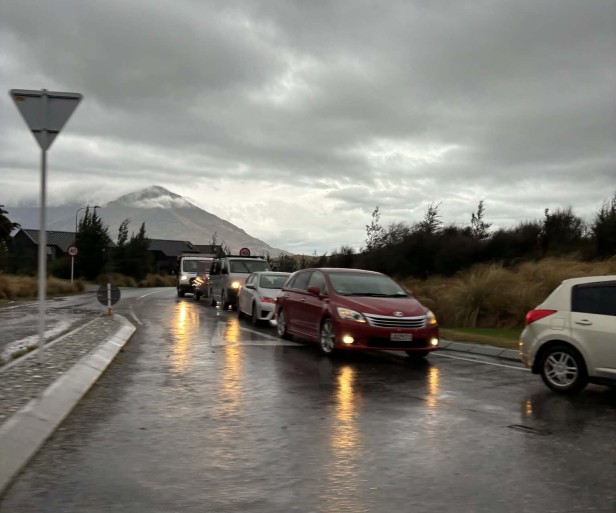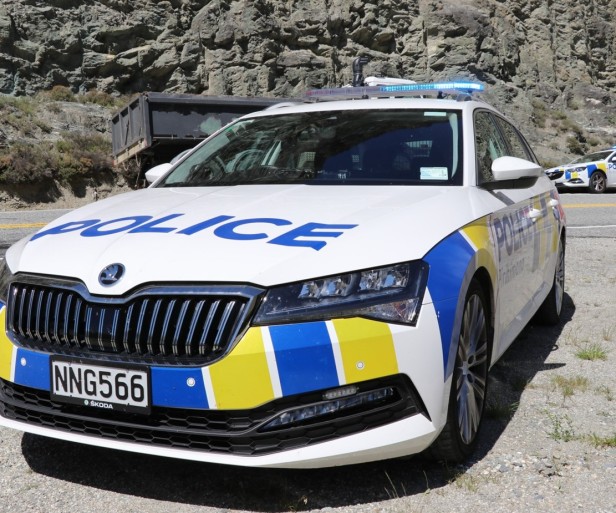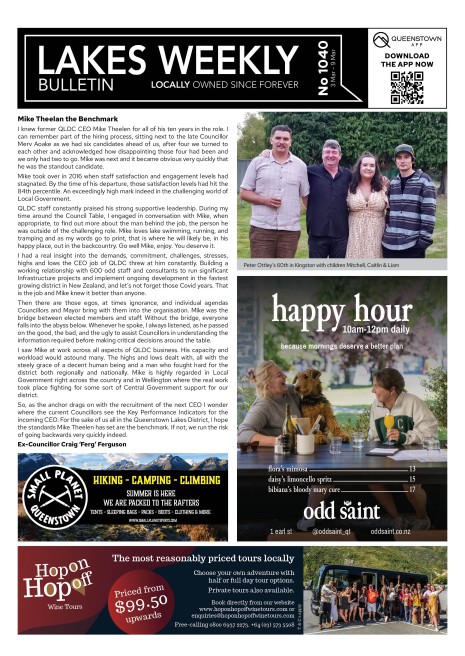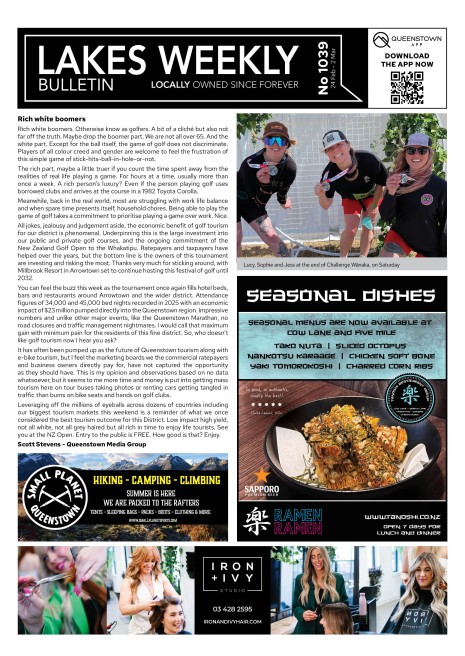Emergency services warn avoid the backcountry
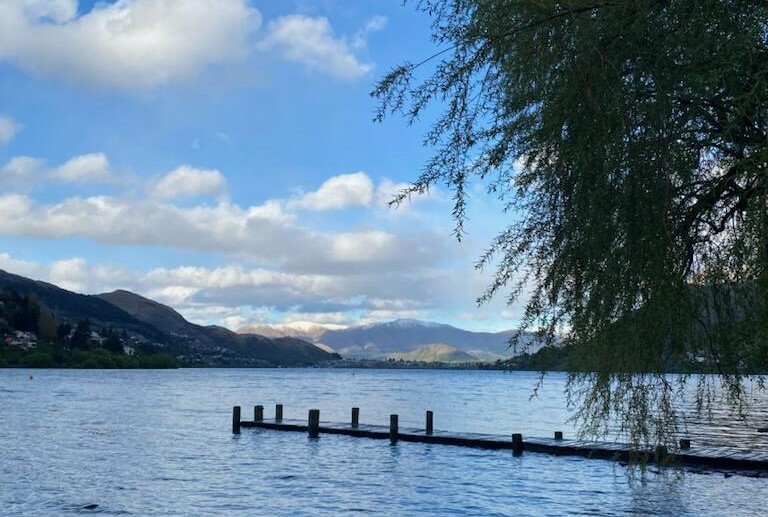
Emergency services and Police are warning people to exercise extreme caution, check the forecast and stay home, or at least change their plans for the long weekend, with the severe weather bomb hitting the Wakatipu-Queenstown Lakes region from early this morning (23 October).
Businesses and homes around the district are bracing for flooding with lakes and rivers already extremely full. Parts of Glenorchy are expecting extensive flooding, with flooding likely around Queenstown Bay and Kingston, and Wanaka also preparing.
Between 140mm and 200mm of rain is expected to dump on the lake headwaters until around noon today (23 October), with severe gale northwesterlies gusting up to 130km/hr. MetService meteorologist Peter Little says as the weekend progresses snow is forecast around the tops, with northwesterly rain continuing through Sunday. “Warm rain on snow will increase river flows,” Little says. “Be aware, rivers will rise quite quickly over the weekend.” High winds will exacerbate flooding.
Emergency services say backcountry rivers and lakes will continue to rise quickly throughout the weekend, with a substantial amount of debris floating around.
Local search and rescue expert Russ Tilsley says we’re in for a lashing with the current weather bomb, then a southwesterly change will bring more rain and cold temperatures through the weekend, followed by another cold front on Monday. “We’re in for a lot of rain in a short time dumping a significant amount of water into all our rivers, likely resulting in extensive flooding,” he says. “Don’t go anywhere in this bomb, definitely not crossing rivers. There will be high winds so stay away from the mountains,” he says.
Queenstown Coastguard skipper Anthony Hill says high river flows bring down a lot of slash and there are big enough logs in the rapidly rising lake to cause issues for boats.
“If it clears enough to get out on the lake, and the commercial operators are operating, then be extra cautious,” he says. Rocks will also be hidden. “If the weather closes in wait it out for a few hours before returning home. The lake can cut up quite badly, especially in high winds.”
Boaties should have a VHF radio for direct communications with commercial operators who will alert the Coastguard if help is needed as cellphone coverage is often patchy.
Lifejackets should be worn. “It could give you that extra couple of hours in the cold water and save your life,” Hill warns.
Sergeant Terry Wood, of Queenstown Police SAR, is also urging anyone venturing out, once it’s safe to do so, that “lifejackets are essential”. Personal locator beacons are also easy to hire or purchase for anyone heading into the bush or out onto the water once conditions improve.
He says heed warnings and forecasts, but once it’s safe to head into the outdoors “take precautions, plan well and have a back-up plan, write down for, and advise, a family member or friend of your plans and intended routes”. “Plan for the unexpected and take the appropriate gear for possible weather changes. If things go wrong, stay together - don’t separate. Plan your way out of the situation you’re in.”


